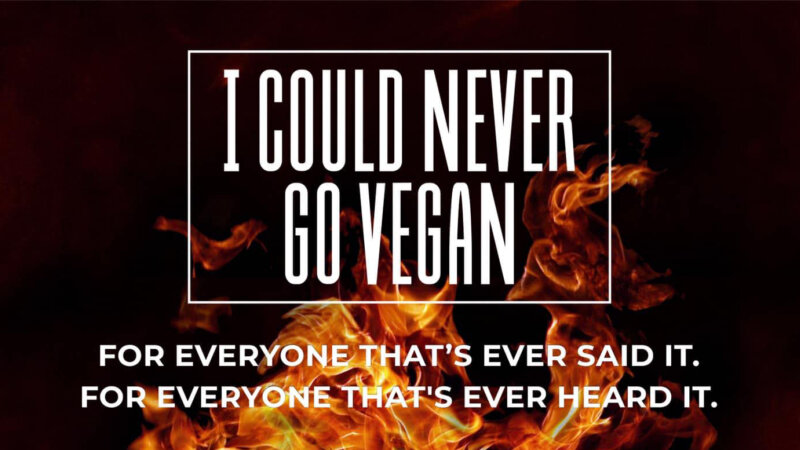The Fading Art / Listings
The conflict between nostalgia and progression is a constant source of discussion for movie lovers. Is nostalgia determined by topic or by method? Is it feasible for filmmakers to hold onto the past when the future is developing so quickly and how does this affect the quality of films being produced? Can there really be a set of conclusive answers in a world in which personal opinion rules?
Take the word nostalgia and break it down. It can be active or passive. It is a ‘wistful affection’ or a ‘sentimental longing’ for something past. The Greek origin of the word derives from feelings of pain, the Latin acute homesickness. Pain? Homesickness? Are these really words we would tag onto a fondness for old films? Some of the world’s best filmmakers would argue that is it not just a case of fondness, but one of artistic integrity. Film as art is now clouded by digital innovation.
Quentin Tarantino and Christopher Nolan argue a good case, both vocal champions of traditional film over digital projection. At Cannes this year, Tarantino even went as far to say that digital projection is the “death of cinema as we know it”. A little strong perhaps, but within his frustration lies a valid point. He advocates against what is perceived to be perfection in today’s digitally restored era. To him, re-formatted film is false, not perfect. Film is history. It reflects not only its creators but also the time in which it was created. It’s nostalgia in its most positive form – an appreciation of the past, a respect for what came before, for those films that broke boundaries and made history. Re-formatting them seems inappropriate.
Both directors muse upon the risk that films will be reduced to content. Like on-demand TV and mobile phone media, the cinema has become a platform for viewing rather than an experience. Everything is so instantly accessible, and with Hollywood pumping out films like there’s no tomorrow, it is easy to understand where Tarantino is coming from when he says cinemas are no more than “television in public”.
This experience exists even before the film hits the screens. Nolan talks of a ‘considered’ way of working, with movies only coming together through team work and a little bit of luck. Shooting on 35 or 70mm film is a lengthy process that requires skill, dexterity and a clarity of direction. There is no rewind button, no editing out something that doesn’t look quite right. This film making process is arguably more human, less robotic.
Standing by his belief that movie lovers will begin to desire the traditional film-going experience again, Nolan shot his latest film, Interstellar, on both 35 and 70mm film. He hopes that this will give the film a richness rarely seen in big budget blockbusters. This may be true, but with the progression of digital innovation comes a change in the way the cinemas themselves operate. Millions has been invested in upgrading cinemas all over the country to house these new projection techniques. By clutching on to a romantic ideal of film, is Nolan shooting himself in the foot? The film will be opened up to digital cinemas in its second burst but its initial impact will only reach those lucky enough to be near one of his chosen cinemas.
Fellow filmmaker Mike Leigh sums it up perfectly when saying, “Like everybody else, we’re a little bit nostalgic about film, but the reality is that the labs [to process film] are closing down.” Whether taken literally or metaphorically, there is no denying that film, to use a cliche, moves with the times. Nostalgia fights this natural progression, but how long it will hold out is uncertain.
The real question is, does any of this really define how good a film is, or is it down to the fundamentals, the foundations? In other words, the filmmaker, the story and its substance. Again, a question for which the answer is all a matter of opinion.
Anna Pintus
|Hosted by Samantha Holland
STREET TRASH
James M Muro, Japan, 1987
11 November, 8.30pm | Showroom | £8.10
Presented by Celluloid Screams, this screening is in fabulous 35mm. Be warned, though – Street Trash is a truly dark comedy satire, with pretty much no sense of taste. It presents a vision of homeless people turned to goo by seriously bad wine found in the basement of a liquor store.
Link
THE BIG SLEEP
Howard Hawks, USA, 1946
16 November, 7.30pm | 215 Sharrow Vale Road | £3
Regarded by many as the Bogart and Bacall film, this splendid noir directed by Hawks adapts a Raymond Chandler novel in which blackmail, gambling and alcohol play central roles. The plot is confusing, the exposition scenes cut, but the mood and performances brilliant. Altogether a perfectly enigmatic film noir.
Link
DEAD OF NIGHT
Cavalcanti, Crichton, Dearden & Hamer, Finland, 1945
16 November, 4pm | Old Woolworth's, The Moor | £5
This remarkable horror revolves around four people gathered in a country house recounting their ghostly stories of supernatural experiences. A much-lauded anthology of horror, it brings together five chilling tales that work brilliantly together as a single cinematic experience. Presented in glorious 16mm. Prepare to be spooked.
Link
MYSTERY FILM AT #9
23 November, 5.30pm | Café #9, Nether Edge | Free
Venturing into lazy Sunday afternoons, Café #9 will be showing films about and inspired by musicians and created by independent filmmakers. The cafe will be open later than usual for this free event, so come along and enjoy an early evening of film, music and coffee, with time to chat between reels.





